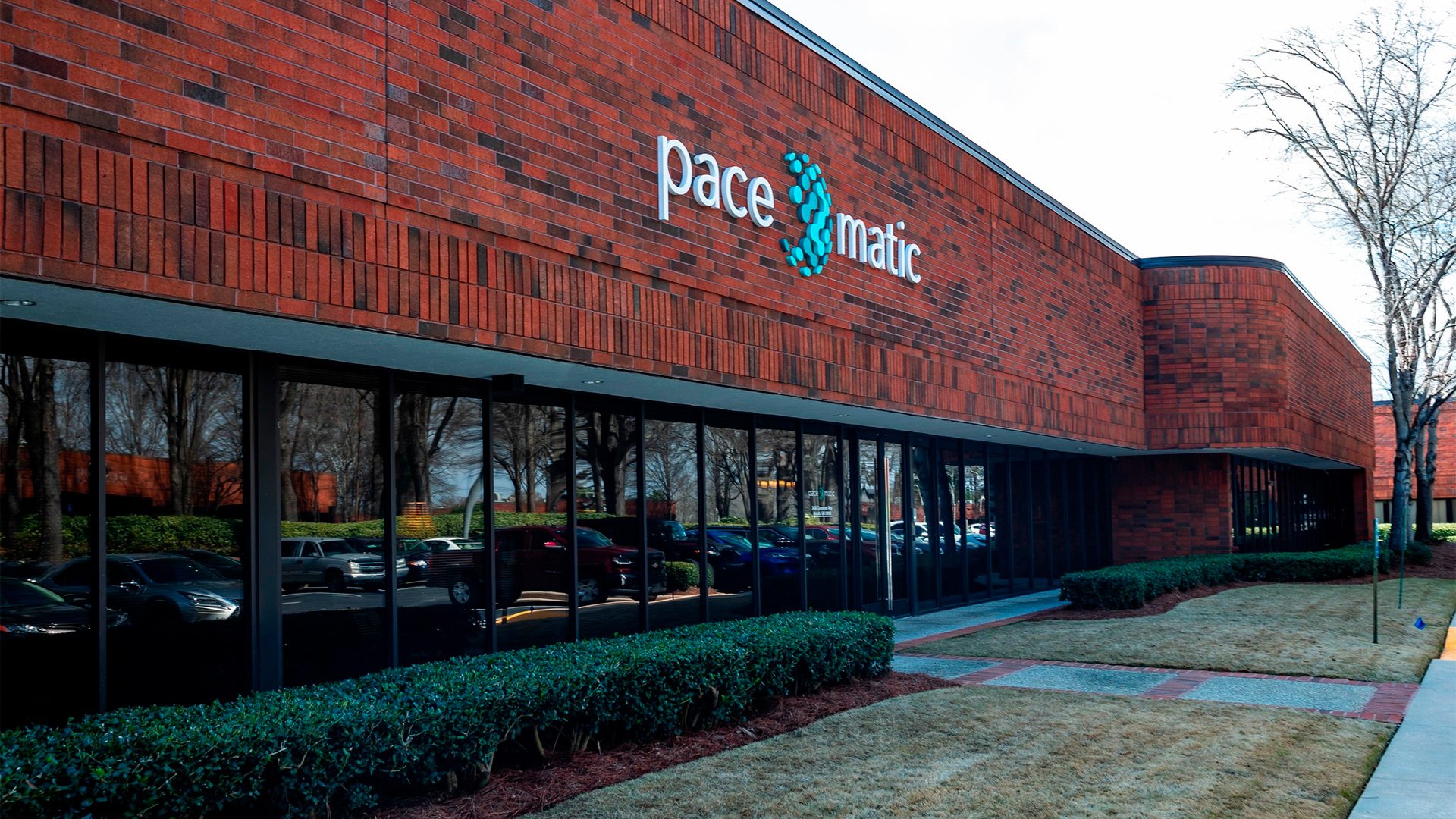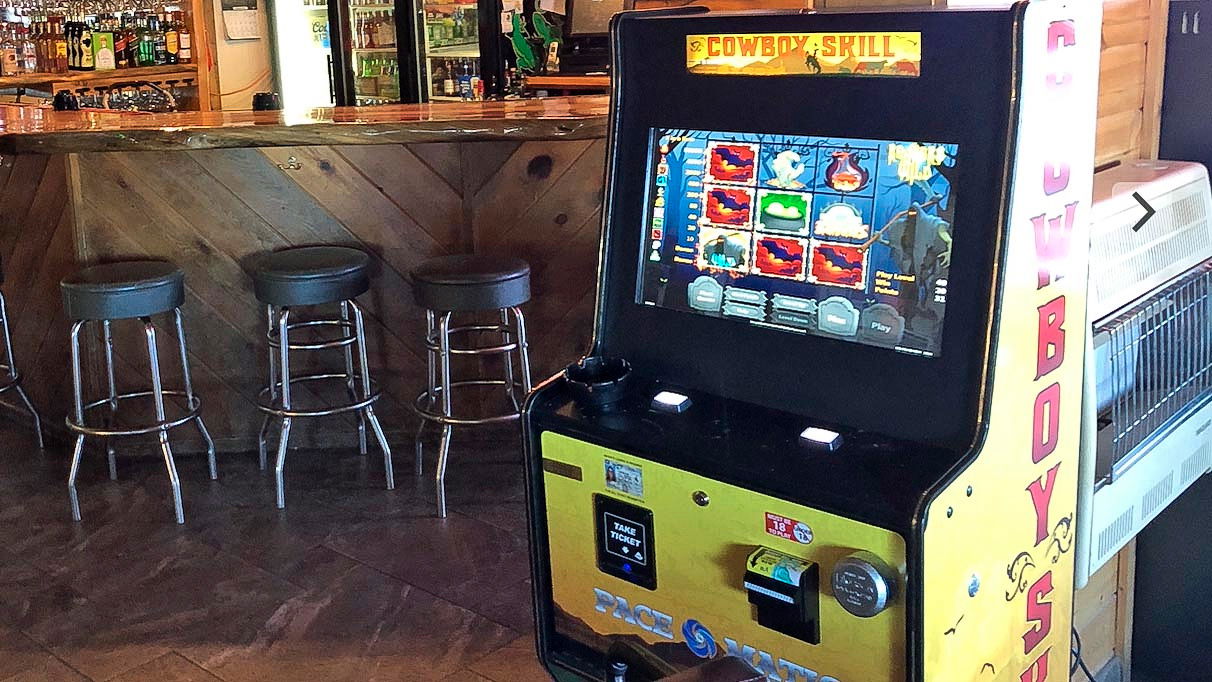Pennsylvania: Skill gaming machines developer secures another legal victory

Manufacturer Pace-O-Matic (POM) has secured another legal victory in Pennsylvania, amid its ongoing claim that its so-called “skill gaming machines” do not run afoul of the state’s commercial gaming laws. The maker of the Pennsylvania Skill cabinets won a return of property motion in Dauphin County after machines, related equipment and cash were seized during raids conducted by the Pennsylvania Bureau of Liquor Control and Enforcement (BLCE) in 2019.
“First and foremost, this ruling again reaffirms our status as legal games of skill,” said Pace-O-Matic spokesman Mike Barley. “This is another tremendous victory for Pennsylvania Skill games, powered by Pace-O-Matic, and our Pennsylvania small business and fraternal partners.”
The legal victory follows a similar ruling in Monroe County last month, when the firm also won a return of property motion. The new ruling also castigates the Commonwealth and BLCE for their “biased conduct” in the matter, according to Pace-O-Matic.
Dauphin County Common Pleas Judge Andrew H. Dowling wrote: “All three of the Commonwealth witnesses opined that the games were predominantly games of chance. However, we do not find these opinions to be persuasive for a number of reasons. Initially, it is this Court’s belief that the Commonwealth’s investigation shows case bias.”
Pace-O-Matic's so-called skill gaming machines
According to Dowling, the Commonwealth is seeking to make all machines like the POM Machines into illegal gambling devices, “and their whole approach and intent is to shut down games regardless of the actual gameplay.” The Judge cited the fact that officers never played the game while undercover as indicative of this, and that the Commonwealth as a whole “is biased against the games, and their approach lacks case credibility.”
Barley called the prosecutor’s behavior in the case “egregious,” and stated that Pace-O-Matic is “deeply concerned” about the motivation to “disregard, bend and violate” the law in what the manufacturer labels “a coordinated effort” to harm the company and the small businesses, clubs and veterans groups that benefit from skill gaming revenue.
“Every time the legality of our skill games has been called into question, the legal status of our games has been upheld by the judiciary,” he added. “Pace-O-Matic stands out among our competitors as the active driving force seeking additional regulation and taxation. We remain steadfast in our commitment to working with the state General Assembly and asking for legislation providing additional regulation and increased tax money for the state.”
Pace-O-Matic’s machines are currently operating in six states, including Georgia, Illinois, Kentucky, Pennsylvania, Texas and Wyoming. While POM argues its machines are legal and do not constitute illegal gambling because of their skill element, the Pennsylvania casino industry says that the devices are essentially the same as slot machines.
The key difference between skill machines and regular slots is that in skill-based gaming, players must identify a winning payline, whereas slot machines automatically tell players if they won. This has led the legality of skill gaming to be put into question in state courts, although Dauphin County’s ruling now grants POM more legal footing on which to stand.
















































